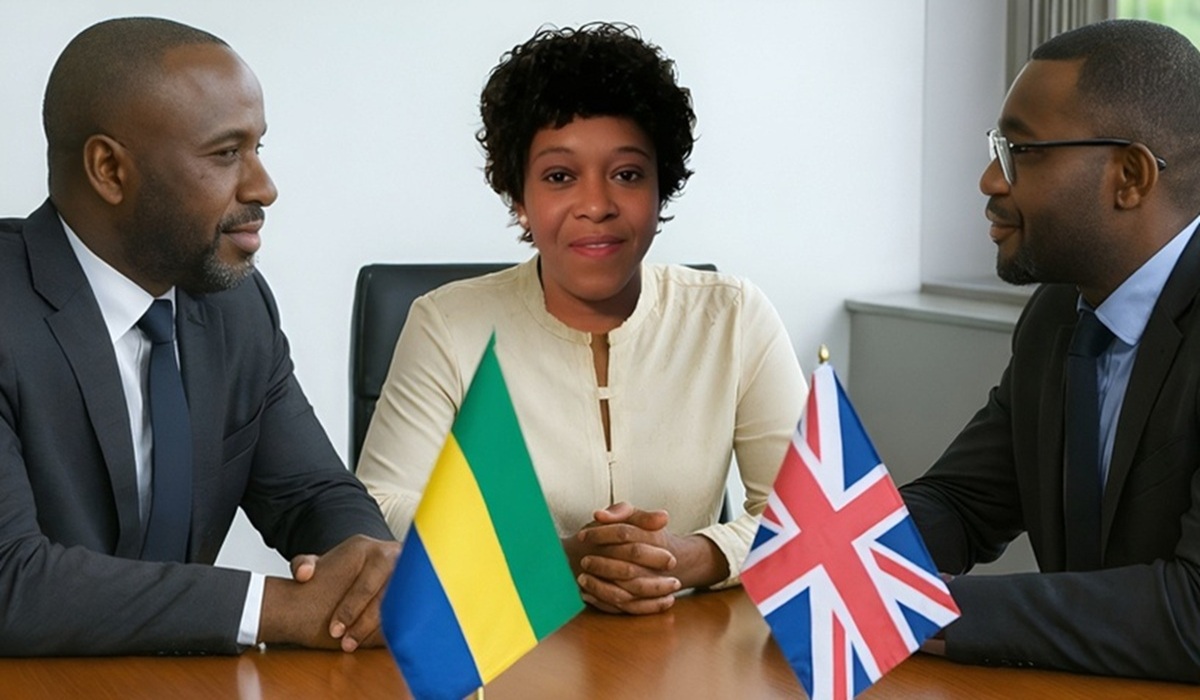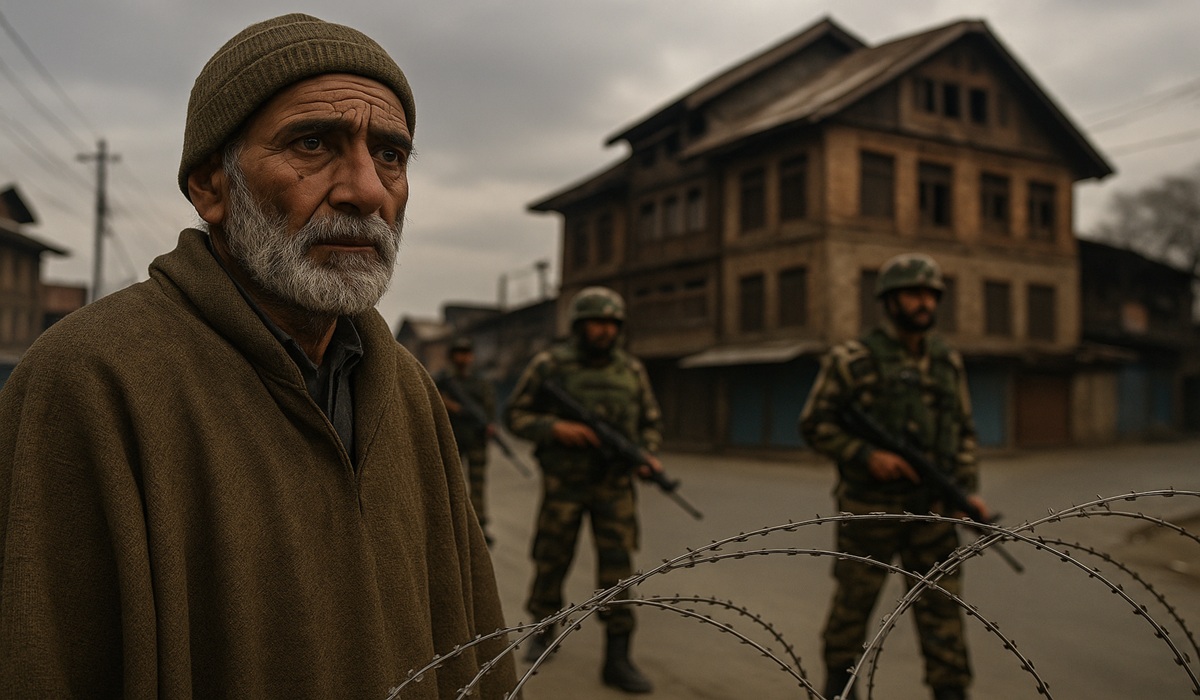Poland Positions Itself as a Global Leader in Military Equipment Production
- Ingrid Jones
- Trending News
- September 13, 2025

A decisive shift is underway in Europe’s defense landscape, and this nation is determined to lead it. During the 33rd International Defence Industry Exhibition (MSPO) in Kielce, Prime Minister Donald Tusk declared that “Poland will no longer be a big piggy bank for foreign companies,” underscoring his government’s commitment to building self-sufficiency in defense manufacturing.
The Kielce fair has become one of the world’s most important defense gatherings, drawing more than 800 exhibitors from 35 countries. Yet it was domestic production that stood out, with contracts worth billions signed to strengthen the armed forces. “Anyone who has visited the Kielce fair knows how great the potential of Polish companies is in strengthening security and our defense capabilities,” Tusk remarked, signaling that equipping the military through local industry is now a top priority.
Defense spending is rising sharply to match this ambition. In 2026, allocations will reach a record PLN 200.1 billion, or 4.81 percent of GDP, enabling large-scale modernization and support for homegrown innovation. Among the most notable deals announced at MSPO were the PLN 5.8 billion purchase of 46 radars under the NAREW air defense program and a contract with Fabryka Broni “Łucznik” in Radom for GROT carbines. Both illustrate the government’s strategy to empower national producers while fortifying security.
This transformation is not only inward-looking. The country is rapidly emerging as an exporter of advanced equipment compatible with NATO systems. Over the past year, exports nearly doubled, reflecting a growing reputation for technological innovation. Financial backing, such as a PLN 2 billion loan agreement with PKO BP—potentially expandable to PLN 12 billion—is helping to build capacity capable of absorbing billions of euros from initiatives like the EU’s SAFE program. Nearly 1,000 companies have already partnered with the Polish Armaments Group (PGZ), which anchors the sector and drives cooperation across research institutes, state-owned firms, and private enterprises.
The results are being seen in real-world conflicts. The Ukrainian army, which relies heavily on gear produced domestically, has confirmed its effectiveness in battle against Russia. Other nations are also taking notice, signaling opportunities for broader export markets. At the same time, preparations are underway to begin manufacturing 155 mm ammunition, a resource in high demand globally. A partner for this venture will be chosen in mid-September, opening the way for large-scale production that will serve both domestic needs and allied demand.
MSPO has therefore become more than a showcase—it is a platform where the country defines its defense ambitions, signs game-changing contracts, and demonstrates to the world that its security will be rooted in its own capabilities. For Tusk, the message is clear: the era of dependence is ending, and the future of European defense will be shaped not only by alliances but by the strength of national industry.








